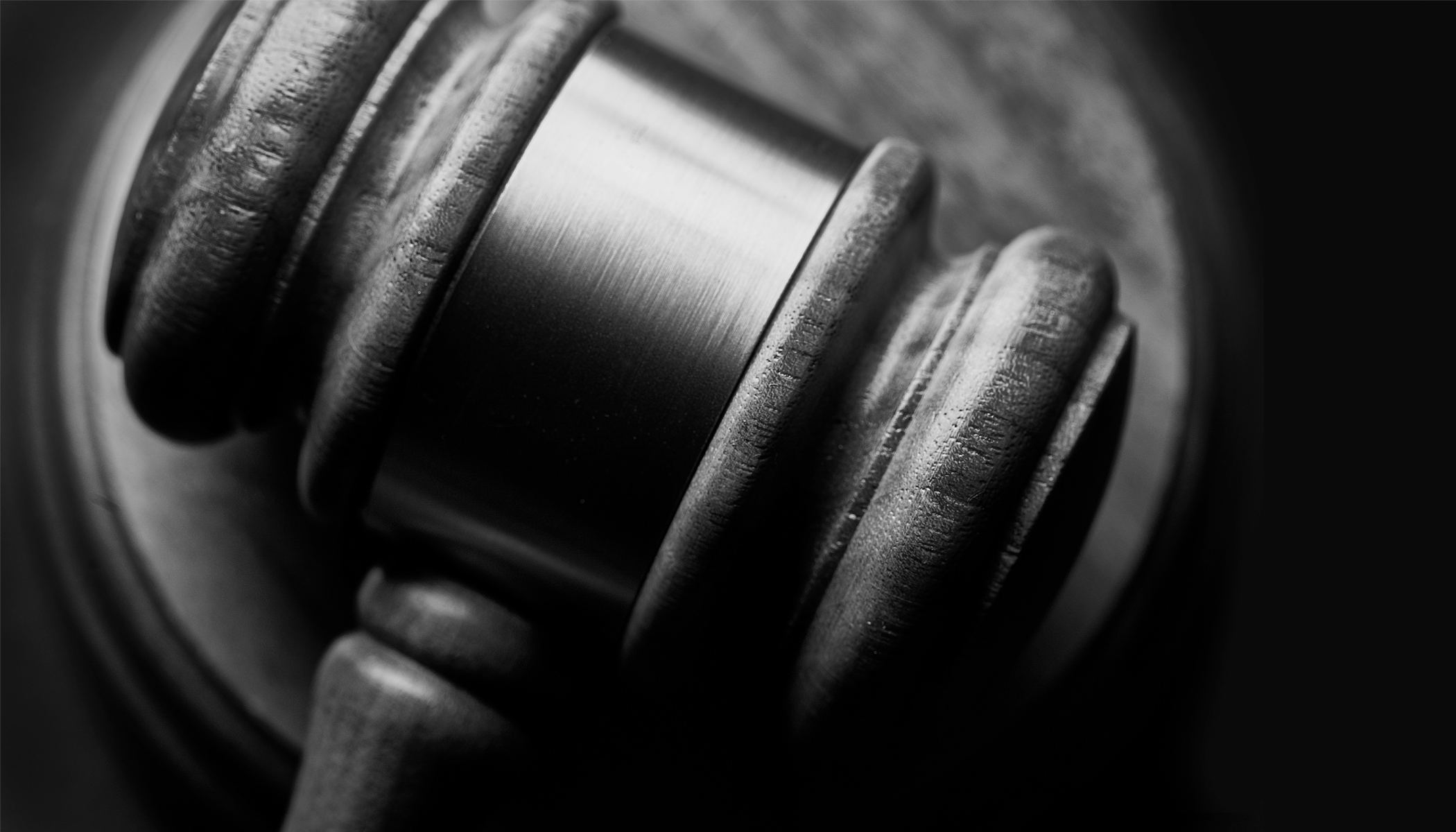

I have testified as an expert many times, usually at depositions, but also at trial and in arbitrations. The majority view is that testifying is about as much fun as having a root canal, and I agree with that view! Our system of justice is an adversarial one, meaning that the lawyer whose job it is to cross examine you will do so with the main purpose of discrediting, disqualifying, and disproving your testimony and at the same time, finding useful material for the opposing case. While I am anything but a professional witness, and in any given year I rarely spend more than about 5% of my time undertaking expert work, over the years I have amassed notable experience from my work on a number of cases. Why do I put myself through the crossfire? It is in pursuit of the truth and justice for those who retain my services. How can I say that? Because I only accept cases that I believe in, where I have the expertise, and where I can present the opinions in my own words. I am not a hired gun.
By personality I am not someone who enjoys conflict. No one would accuse me of being a big personality as the British culture of my upbringing is always in the background. But over the years, I have come to accept the adversarial nature of these cross examinations in service to the truth. My mental game to prepare for battle includes the following:
1. Commitment to truth. Of course, it goes without saying that experts must be truthful. We swear to be truthful upon pain of perjury at the beginning of all testimony. The court will only accept the testimony if it is found to be credible (i.e., believable). It is a very bad thing for an expert to be found “incredible”, though it happens quite regularly. I am committed to telling the truth, though the oath I take swearing to do so is almost the least of it. What gives me the most credibility and builds confidence in what I am saying, is that I believe in what I am doing. I will never allow counsel of either side to put words into my mouth (though suggestions are welcome). My words are my own and convey my true beliefs. Following these standards allow me to be fully committed to the truth as a path to justice for my client.
2. The whole truth. Testimony is an unnatural form of speech, more akin to political talk than everyday professional conversation. Opposing counsel is always looking for a soundbite, an admission or an inconsistency which can be dissected out of context. Giving testimony is exhausting because you must be 100% focused the entire time. Taking frequent breaks is a good idea to maintain mental freshness. Opposing counsel can be highly skilled at boxing the witness in to give a “yes” or “no” answer. A series of questions like these may succeed in completely mischaracterizing the testimony. Being under oath to tell the truth includes telling the whole truth with proper context and a full answer, which is frequently very irritating to opposing counsel who is angling for a soundbite to use in the opposing case. For a witness, it may be unclear exactly what the question is getting at and giving a soundbite answer is particularly dangerous in these cases. Instead, asking clarifying questions back is a good practice to be clear before giving an answer. But always be suspicious of the “yes or no” questions and give the whole answer and whole truth.
3. Love your enemy. I am always nervous before I testify. Most experts are. It is normal. As we have already established, you are going to be under attack. There may be the metaphorical blood on the walls. But just because you are under attack does not mean that you should be on the defense. Just the opposite in fact. Focus first on your breathing by taking full, regular breaths to calm yourself. Think about all the many things for which you are grateful. Be sure to listen very carefully to the question. Then take your time, pause, think, and then give the full answer discussed above. Most importantly, focus on sending positive energy to the opposing counsel. They may be out to get you, but you do not need to be out to get them. Think good thoughts about them, wish them health and happiness. It is hard to be negative or resentful when you are feeling grateful. Likewise, you probably will not come across as defensive when you are wishing the best for your opponent. These techniques work wonders to make us calm, explanatory, and authoritative.
We will blog some more in coming weeks about specific preparation techniques during the conduct of the expert assignment as well as some stories from the expert trenches.
Never miss a post. Get Risky Business tips and insights delivered right to your inbox.

Jonathan Terrell is the Founder and President of KCIC. He has more than 30 years of international financial services experience with a multi-disciplinary background in accounting, finance and insurance. Prior to founding KCIC in 2002, he worked at Zurich Financial Services, JP Morgan, and PriceWaterhouseCoopers.
Learn More About Jonathan